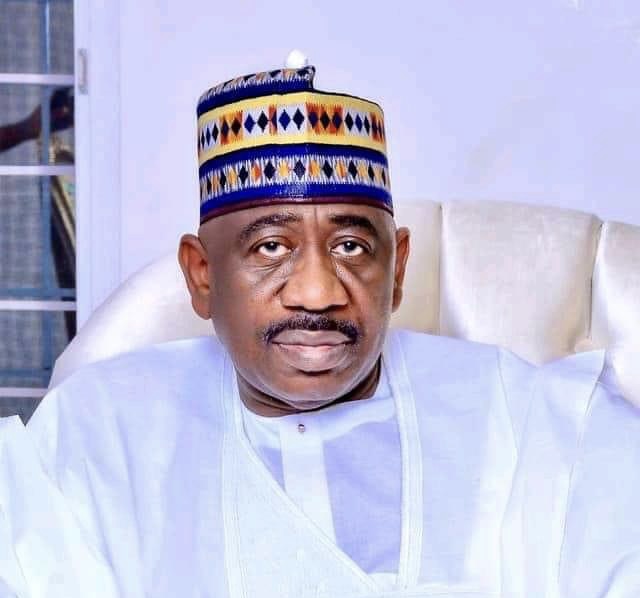Kano State’s ruling All Progressives Congress (APC) has raised alarms over reported voting irregularities during Saturday’s rerun elections for the Ghari/Takai and Bagwai/Shanono constituencies, accusing opposition groups of undermining electoral integrity. Party Chairman Abdullahi Abbas alleged in a phone interview with the News Agency of Nigeria (NAN) that the process was marred by voter intimidation and delayed delivery of materials, calling it neither free nor fair.
According to Abbas, APC supporters were forcibly displaced from their homes to enable rival parties to manipulate ballots, a practice locally termed “thumb-printing,” where votes are illegally pre-marked. He claimed armed individuals harassed remaining party loyalists at polling units and noted that electoral materials had not arrived in several areas by mid-morning. The APC leader criticized Nigeria’s Independent National Electoral Commission (INEC) for insufficient transparency, urging immediate reforms. “This is not an election,” he declared.
INEC’s Kano Resident Electoral Commissioner, Abdu Zango, countered that all necessary materials had been distributed, though logistical challenges and isolated violence caused delays. Security forces reportedly intervened to curb disruptions. Zango emphasized that every polling unit eventually received supplies, attributing hiccups to transportation issues rather than systemic failures.
Meanwhile, the opposition New Nigeria People’s Party (NNPP) denied involvement in malpractice, with Chairman Hashimu Dungurawa asserting that members adhered to electoral laws. “Our supporters carried no weapons and conducted themselves peacefully,” he stated, framing the NNPP as committed to lawful participation.
The rerun elections, triggered by disputes over earlier polls, highlight persistent concerns about Nigeria’s electoral processes, including logistics management and security. While INEC has faced recurring criticism for operational shortcomings, incidents of voter suppression and ballot fraud remain flashpoints in tightly contested regions. Observers note that credible outcomes in such reruns are pivotal to maintaining public trust, particularly in northern states like Kano, where political rivalries often escalate.
As vote counting proceeds, tensions underscore broader challenges in balancing transparency, security, and fairness in Nigeria’s evolving democracy.
